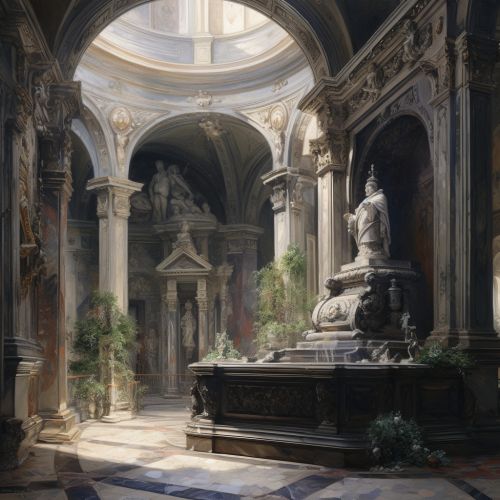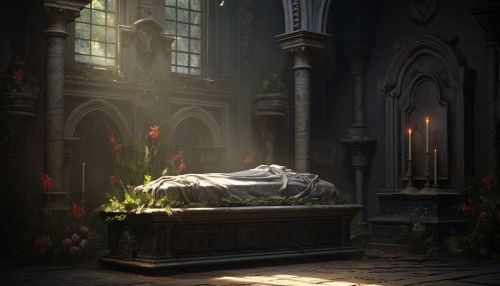Leon Battista Alberti
Early Life
Leon Battista Alberti was born on February 14, 1404, in Genoa, Italy. He was an illegitimate child of a wealthy Florentine merchant, Lorenzo Alberti. His mother is unknown. Despite his illegitimate status, Alberti's father ensured he received a quality education.
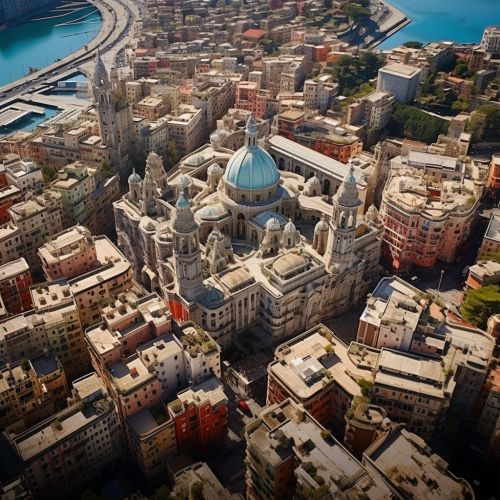
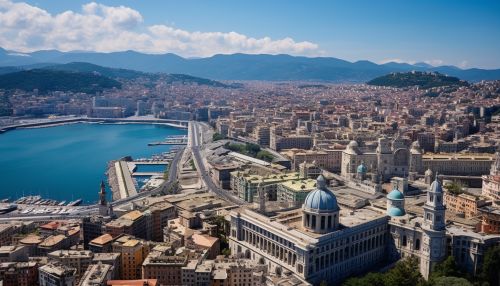
Education
Alberti was initially educated at the illustrious Studium Generale in Padua, where he studied law. However, his interests quickly shifted towards the humanities, particularly literature and the arts. He later moved to Bologna to continue his education. Alberti was fluent in both Latin and Greek, and he was known for his extraordinary intellect and wide range of interests.
Career
Alberti's career was diverse and prolific. He was an architect, author, artist, poet, linguist, philosopher, cryptographer, and even a sportsman. He is often considered a quintessential Renaissance man, embodying the period's ideals of a universal person who excels in multiple fields.
Architecture
Alberti is best known for his contributions to architecture. He was one of the first to use the principles of ancient Roman architecture in modern buildings. His architectural works include the facade of the Palazzo Rucellai in Florence and the Tempio Malatestiano in Rimini. Alberti's architectural theories, outlined in his treatise "De re aedificatoria" (On the Art of Building), had a profound influence on the development of architectural practice during the Renaissance and beyond.
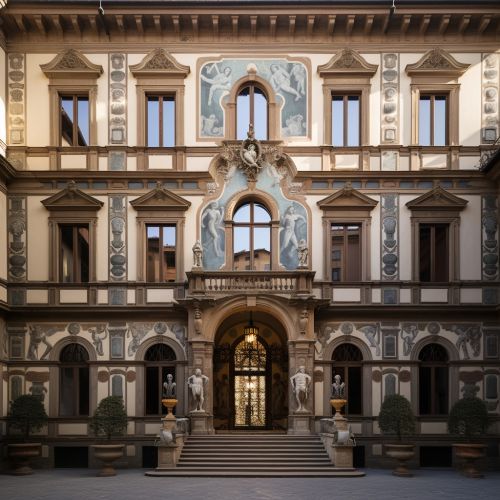
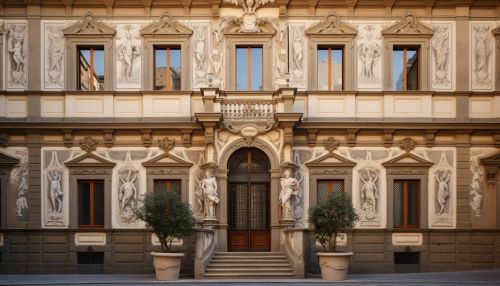
Literature and Philosophy
Alberti was also a prolific writer and philosopher. His works covered a wide range of topics, from family ethics to city planning. His most famous literary work, "De pictura" (On Painting), was a groundbreaking treatise on the theory and practice of painting. It served as a guide for many Renaissance artists.
Other Contributions
Alberti made significant contributions to various other fields. He was a pioneer in the field of cryptography, developing a cipher wheel that was used for centuries. He also wrote extensively on a variety of subjects, including family life, society, and aesthetics.
Death and Legacy
Alberti died on April 25, 1472, in Rome. His contributions to architecture, literature, and the arts have left a lasting legacy. His architectural principles continue to influence modern architecture, and his writings remain a valuable resource for understanding the Renaissance period.
